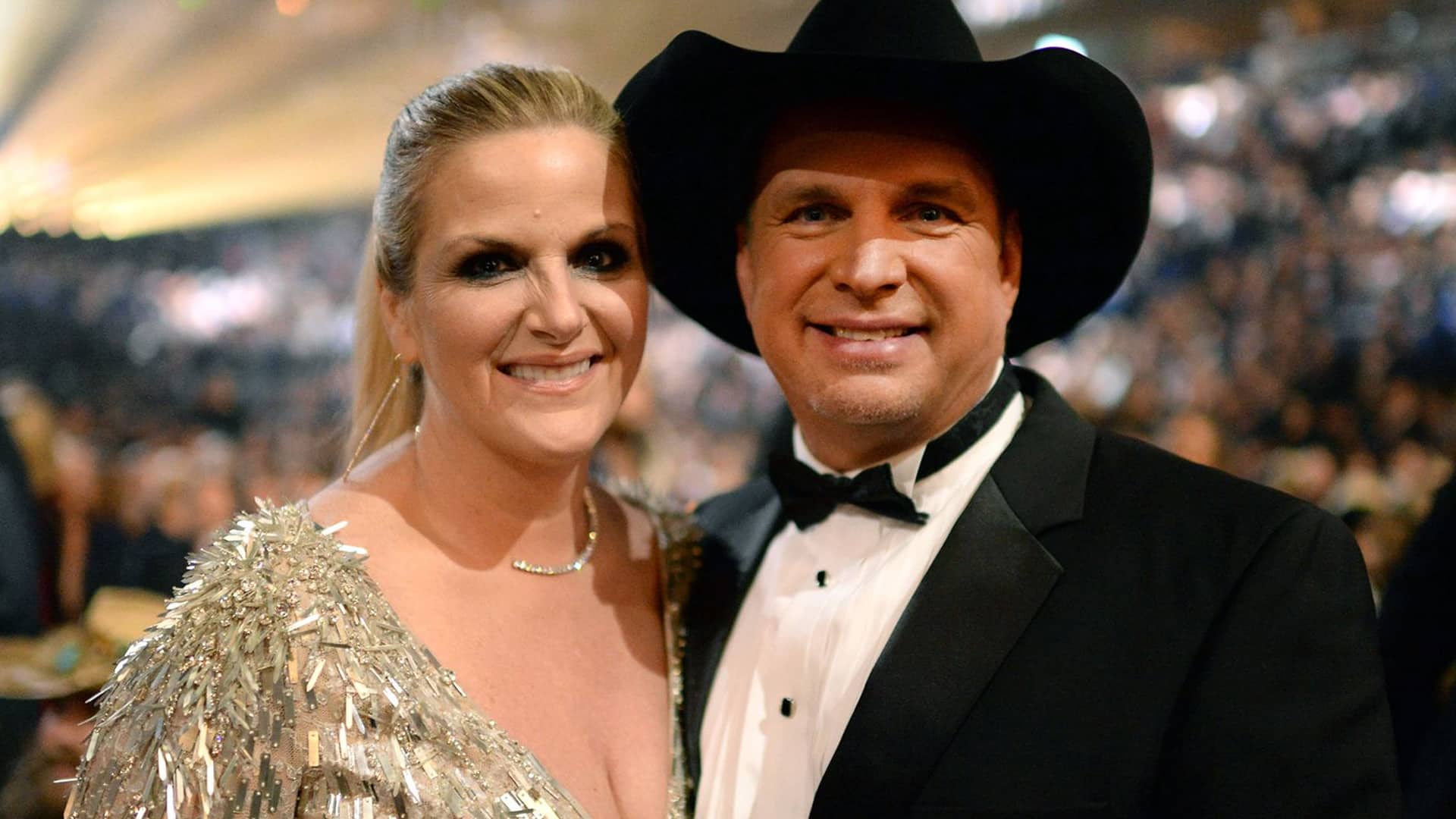The Christian music world crowned her queen, then dragged her through the dirt when she did something human.
In 1999, Amy Grant, the voice behind the clean-cut soundtrack of Evangelical America, filed for divorce from Gary Chapman after 17 years of marriage. And just like that, the purity patrol turned on her. The same churches that once pumped her records through youth group speakers now banned her from the shelves. Radio stations pulled her songs. Fans trashed her CDs like she was the second coming of Judas.
But it wasn’t just a breakup. It was a public crucifixion. And the people driving the nails were the very ones who once lifted her up.
Before the scandal, Amy Grant was the darling of the Christian music scene, and honestly, she deserved it. With albums like Age to Age and Straight Ahead, she became the first contemporary Christian artist to go platinum. Then came Heart in Motion in 1991, and suddenly, she was more than just a gospel singer. She was a bona fide pop star.
“Baby, Baby” shot to No. 1 on the Billboard Hot 100, and Christian moms across America had a dilemma. Do we love her or cancel her?
Grant didn’t exactly toe the Evangelical line. In an era where Christian women were expected to button up and shut up, she had the nerve to talk about love, desire, and even being a sexual being. In a 1985 interview, she said, “A Christian woman in the ’80s is very sexual.” That was all it took for the pearl-clutching to begin.
But despite the whispered judgment, she kept her spot at the top. Until the marriage unraveled.
Amy and Gary Chapman had been on thin ice for years. Behind the curtain of perfect Christian couplehood was a relationship that had, in her words, “been rocky from the get-go.” Chapman struggled with substance abuse. The two lived like strangers in the same house. But to outsiders, they were still a picture-perfect union, the kind that Christian magazines put on the cover next to Bible verses about love.
When the divorce went public, it wasn’t treated like a personal decision. It was a betrayal of the faith. Forget that Chapman had his own demons. Forget that Grant spent years trying to hold it together. None of that mattered to the folks looking for someone to burn at the stake.
Worse, rumors started swirling that Amy had eyes for someone else: country star Vince Gill. They’d met during a 1993 Christmas special and clicked in a way that sent gossip flying. Both were married. Neither crossed the line back then, but Evangelical culture doesn’t wait for facts when it smells sin.
So when Amy and Gary split, and she eventually started dating Gill, the outrage was swift and brutal. To many, she wasn’t a woman rebuilding her life, she was the adulteress in the scarlet letter.
Christian bookstores pulled her records. Radio stations boycotted her. Fans sent hate mail by the truckload. Meanwhile, Gary Chapman, the man who admitted to drug problems and emotional distance, somehow walked away without a scratch.
If Amy Grant had been a man in the Christian music industry, she’d have been forgiven before the ink dried on the divorce papers. But women in Evangelical spaces are expected to hold the marriage together no matter what. The moment Grant prioritized her mental health, her dignity, and her happiness, she became the scapegoat.
And still, she didn’t flinch. In an interview with CCM Magazine, she said, “You want to know what my real black ugly stuff is? Go look in the mirror and everything that’s black and ugly about you, it’s the same about me. That’s what Jesus died for.” Her version of a middle finger to the judgment crowd was honest, raw, and defiant.
Grant didn’t hide. She didn’t disappear. She put out Behind the Eyes in 1997, two years before the divorce was finalized, and it sounded like a woman bleeding onto tape. It wasn’t her best-selling album, but it was the most human.
Then, while the Evangelical gatekeepers clutched their pearls, Grant kept singing. She performed at the Columbine Memorial in 1999, reminding people that her voice could still bring comfort. Slowly, people started to listen again. They remembered why they loved her in the first place.
By the time she married Vince Gill in 2000, the narrative had already started to shift. They weren’t some scandalous affair anymore. They were two artists who found each other after surviving heartbreak. Together, they raised a blended family and showed up for each other in ways Evangelical fantasy marriages rarely do.
Amy Grant didn’t ask for a comeback. She just kept showing up. She dropped a hymn album, stayed true to her roots, and kept releasing music. She won a Kennedy Center Honor. She supported LGBTQ causes, hosted benefit concerts, and showed the kind of compassion that was sorely missing from the community that once turned its back on her.
In 2021, she underwent open-heart surgery and used the experience to talk about health and faith in a way that felt deeply grounded. In 2022, she received a GLAAD Media Award for her support of queer fans. She didn’t do it for attention. She did it because grace isn’t a brand, it’s who she is.
Amy Grant’s story isn’t one of scandal. It’s a blueprint for surviving a culture that eats its own. She never claimed to be perfect, and she never asked to be your Sunday school role model. What she did was real. She admitted her marriage failed, owned her mistakes, and kept moving forward anyway.
The people who tried to cancel her are still out there, still looking for someone to crucify. But Amy Grant’s still standing, still singing, still loving, and still showing up for the messy people who need her music the most.
If that’s not redemption, what is?


















